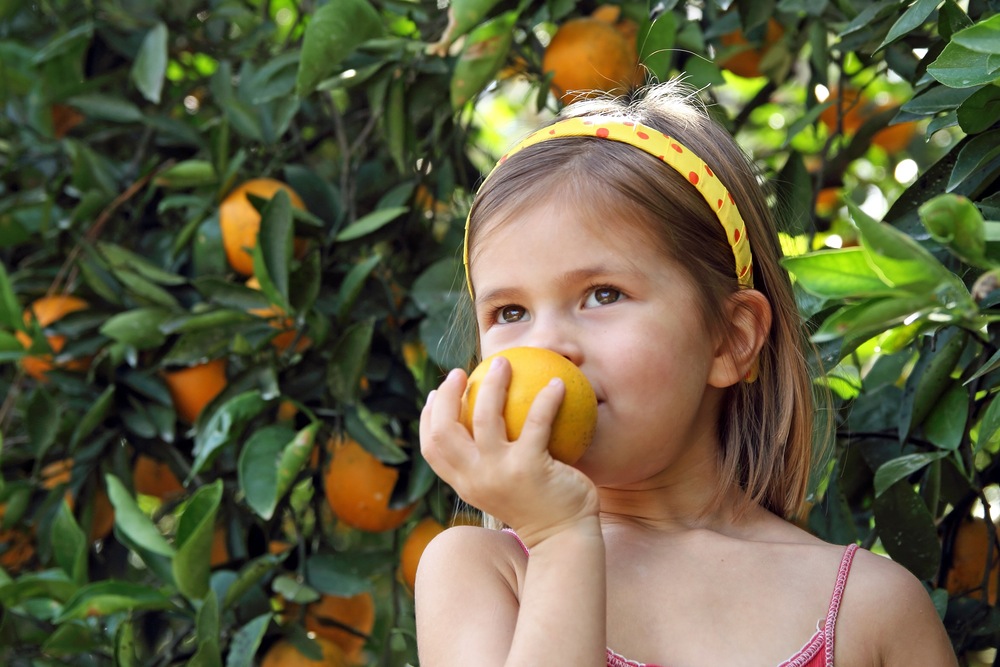
ShutterstockDon’t breathe in!
Floridian citrus growers are upping the chemical ante as they struggle to save their groves from citrus greening — a devastating bacterial infection spread by tiny invasive insects known as Asian citrus psyllids.
While the orange growers used to spray insecticides a few times a year, The Ledger newspaper reports that they are now dousing their groves monthly. (And we recently told you about a Florida’s Natural supplier that was accused of spraying its crops every four days with multiple chemicals, killing off honeybee colonies and leading to a $1,500 fine.)
Needless to say, the region’s apiarists are none too pleased to see their bees being killed by the insecticides. The Ledger article describes a growing war between Florida’s powerful citrus growers and the smaller apiary industry:
A major issue for beekeepers comes during the citrus bloom period, which generally comes in March and April but can extend weeks earlier or later depending upon weather conditions.
Beekeepers involved in honey production traditionally place hives in or near groves so the bees produce citrus-flavored honey, one of the most popular varieties.
That practice puts bees in the line of fire when growers spray during bloom, an important period for controlling psyllids, who are especially drawn to new growth, Rogers said.
“The days of putting bees right in the middle of a grove, I think those days are gone,” said Bobbi Bell of Bell Apiaries LLC in Fort Meade, a 32-year veteran of the industry.
But beekeepers also contract with other growers to release bees in their fields for pollination, which also puts them at risk from pesticides in citrus groves.
The conundrum has Florida Agriculture Commissioner Adam Putnam, who is also a citrus grower, desperate to find a solution that can protect both the state’s fruit and honey industries.


